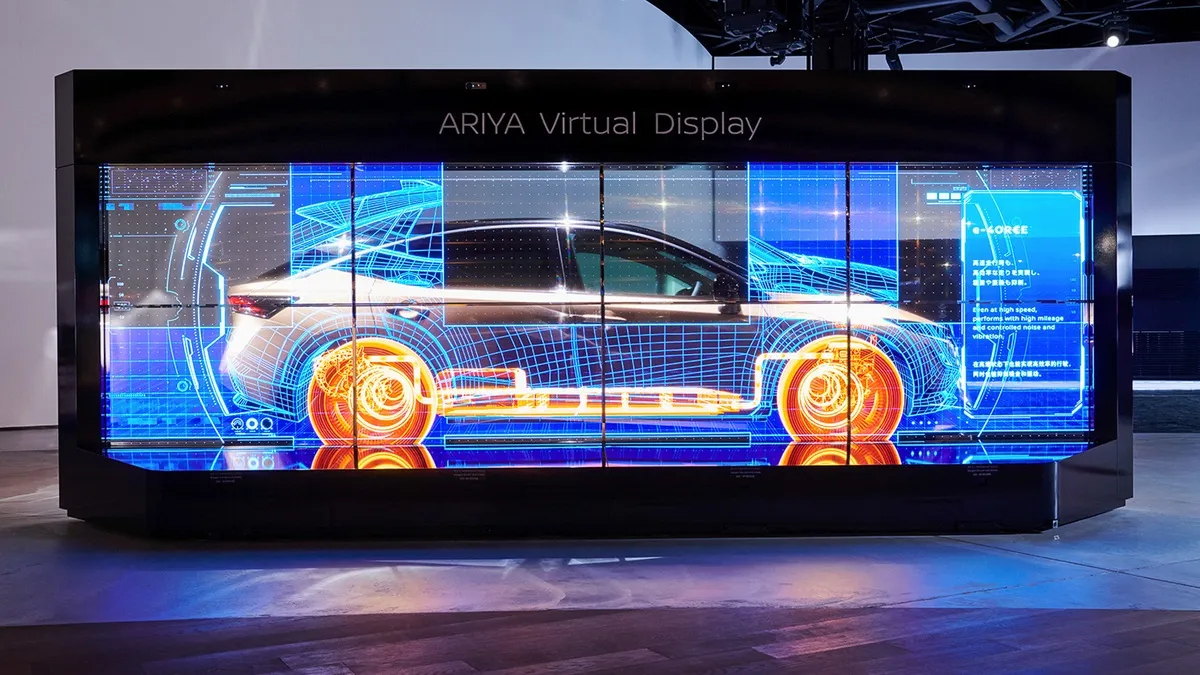Chinese electric vehicle maker BYD and Rotterdam City yesterday entered into an agreement to deliver BYD's all-electric e6 vehicles as part of the Netherland's green transportation project "75-EV-RO" - the first e6's anywhere in Europe. The Netherland's Prince Maurits van Oranje, Vice Mayor of Rotterdam Mrs. A. van Huffelen, Chinese Ambassador Mr. Zhang Jun and BYD's Henry Li (Auto Division GM) were all present for the signing ceremony in Rotterdam City Hall.
May 17, 2012
Read time: 2 mins
Chinese electric vehicle maker 5445 BYD and Rotterdam City yesterday entered into an agreement to deliver BYD’s all-electric e6 vehicles as part of the Netherland’s green transportation project “75-EV-RO” – the first e6’s anywhere in Europe. The Netherland’s Prince Maurits van Oranje, Vice Mayor of Rotterdam Mrs. A. van Huffelen, Chinese Ambassador Mr. Zhang Jun and BYD’s Henry Li (Auto Division GM) were all present for the signing ceremony in Rotterdam City Hall.
As part of the 75-EV-RO project, the Rotterdam government plans to purchase 75 new energy vehicles of different types to create a new energy fleet in Rotterdam. These projects will not only popularise the concept of electrified transportation, but also resolve public concerns over vehicle safety, charging technology and local environment impact.
At the core of the e6 technology is BYD’s Iron Phosphate or “Fe” battery technology. The Fe battery boasts the highest safety, longest service life and most environmentally friendly rechargeable chemistry. Integrating the “Fe” battery, the e6 (a five-seat crossover all-electric vehicle) can travel up to 300 km in range per charge. The vehicle has been used for taxi service in Shenzhen, China, for over a year now and is referenced in the recent “BYD Fleet Summary” released 29 April, 2011. The fleet of 50 e6 Shenzhen taxis, in service since May 2010, have now surpassed three million kilometres in cumulative fleet miles. The successful operation of the e6 taxis in Shenzhen for over a year now has proven its reliability according to BYD officials.
“We are very proud to be a part of the ‘75-EV-RO’ project and we are very confident in the performance of our electric vehicles. We expect that our cooperation with Rotterdam government will be a big success”, said BYD’s Henry Li.
As part of the 75-EV-RO project, the Rotterdam government plans to purchase 75 new energy vehicles of different types to create a new energy fleet in Rotterdam. These projects will not only popularise the concept of electrified transportation, but also resolve public concerns over vehicle safety, charging technology and local environment impact.
At the core of the e6 technology is BYD’s Iron Phosphate or “Fe” battery technology. The Fe battery boasts the highest safety, longest service life and most environmentally friendly rechargeable chemistry. Integrating the “Fe” battery, the e6 (a five-seat crossover all-electric vehicle) can travel up to 300 km in range per charge. The vehicle has been used for taxi service in Shenzhen, China, for over a year now and is referenced in the recent “BYD Fleet Summary” released 29 April, 2011. The fleet of 50 e6 Shenzhen taxis, in service since May 2010, have now surpassed three million kilometres in cumulative fleet miles. The successful operation of the e6 taxis in Shenzhen for over a year now has proven its reliability according to BYD officials.
“We are very proud to be a part of the ‘75-EV-RO’ project and we are very confident in the performance of our electric vehicles. We expect that our cooperation with Rotterdam government will be a big success”, said BYD’s Henry Li.







